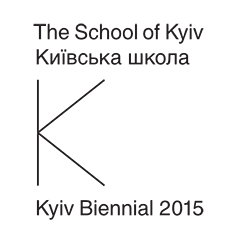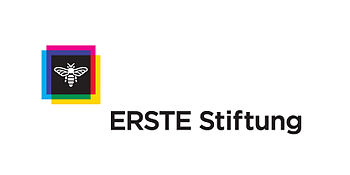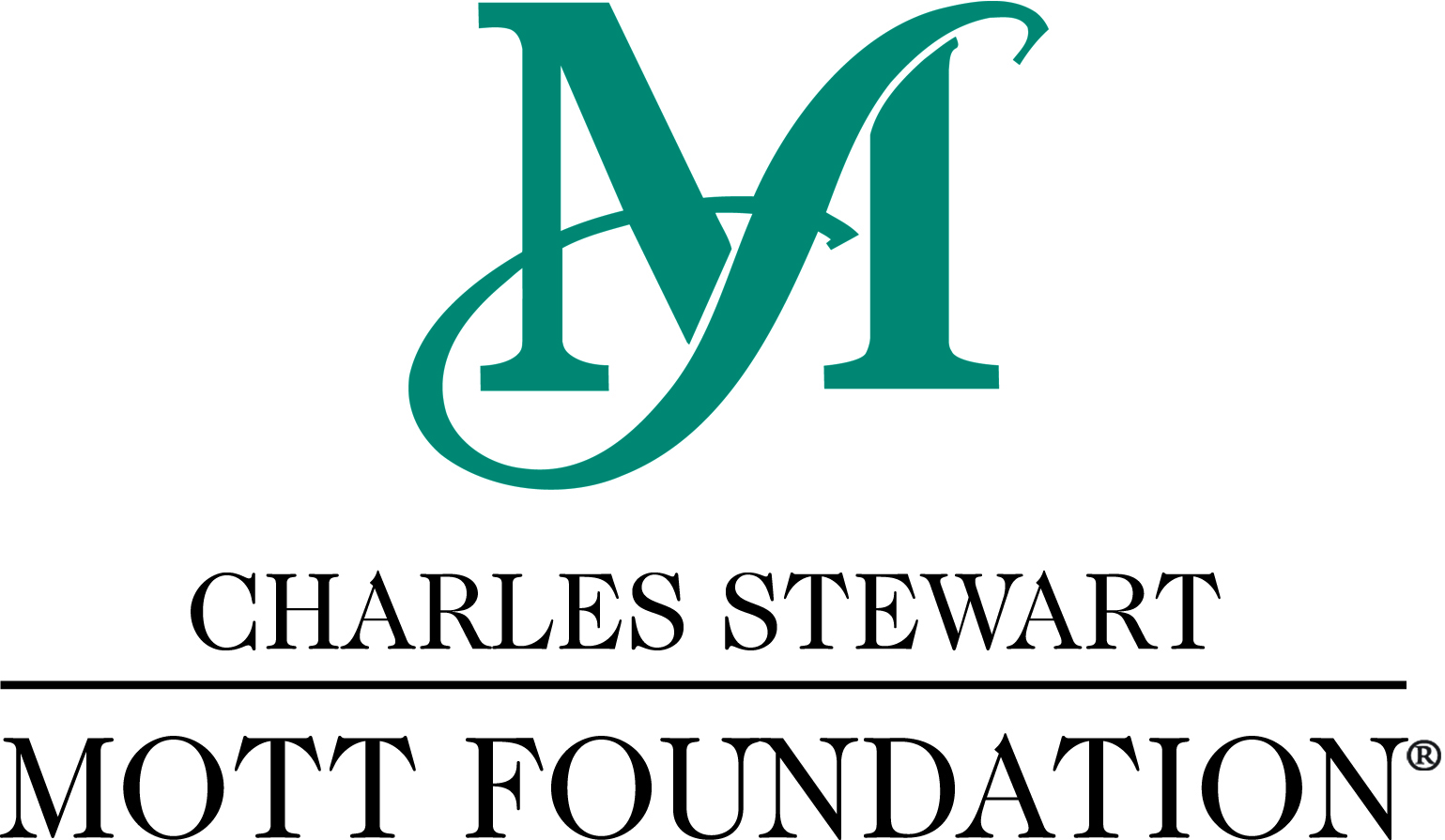CUSTODIAL SETTINGS: Program of events
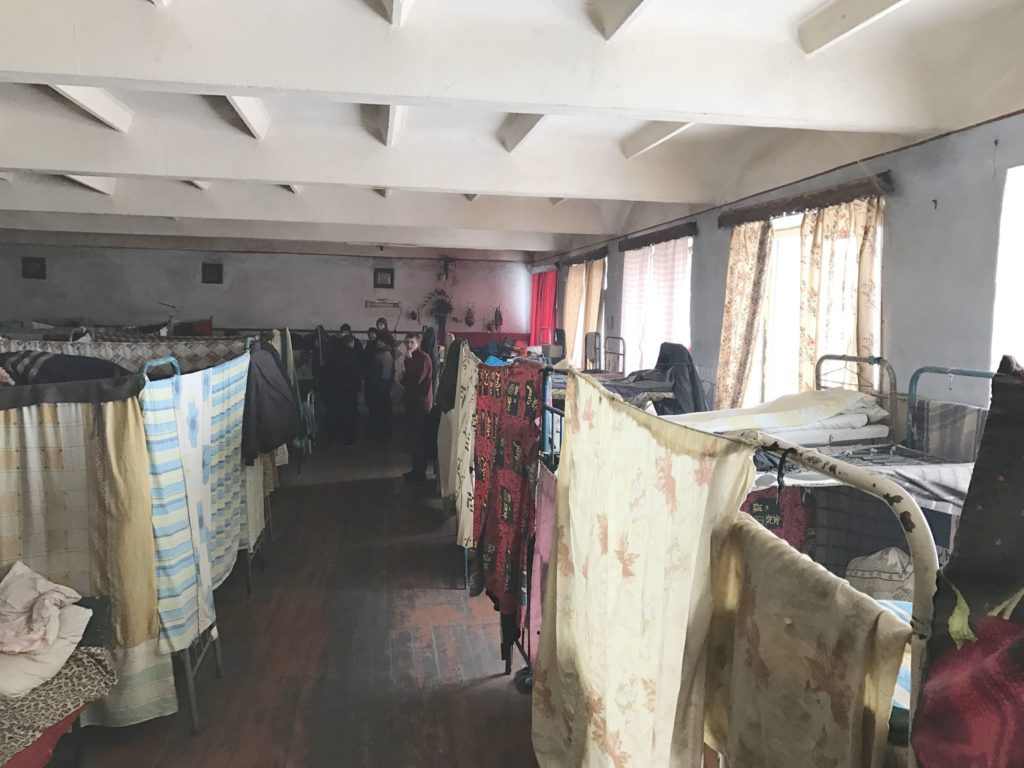
July 1, 19:00
Discussion: Penitentiary System in Ukraine: Principles, Mechanisms, Alternatives
According to experts, nearly 10 % of the convicted, who serve their sentence, are not guilty. They have practically no chance for a just post-conviction review. At the detention centers, correction centers, and prison colonies of minimum, medium, or maximum security levels, all those institutions we usually call “prison” or “jail,” the inhuman treatment of the detained and unpunished violence on part of the administration are very common. Consequently, being driven to despair, prisoners are ready to inflict injury on them, or even commit suicide, which is basically their only chance to draw our attention to inhuman detention conditions.
During the debate we will discuss the penitentiary system in Ukraine and principles of its work; whether there are alternatives to such approach around the world; a practical dimension of the problems, faced in custodial institutions; social stereotypes about former prisoners and criminals and role of the penitentiary system in this kind of stereotyping.
Participants:
Anastasia Ryabchuk, sociologist, post-doctoral research fellow at the Centre for Social Change, University of Johannesburg
Andriy Didenko, an expert at Kharkiv Human Rights Protection Group, a former prisoner. Oleksandr Fedoruk, penitentiary system expert at Association of Ukrainian Human Rights Monitors on Law Enforcement. Maksym Butkevych, coordinator of “No Borders” project at “Social Action Center” NGO.
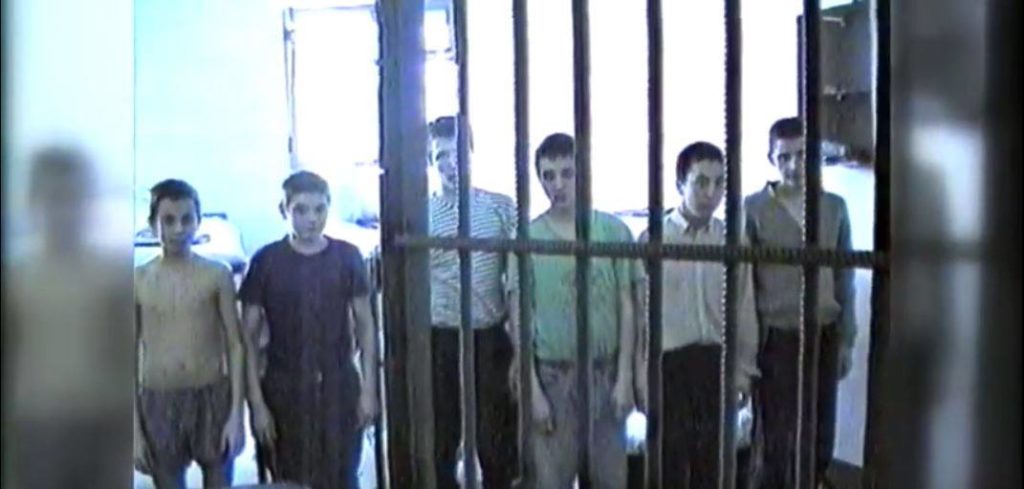
July 2, 19:00
EXPERIMENTUM CRUCIS. Film screening and discussion
Documentary film Experimentum Crucis tells a story of the everyday life at Kazakh juvenile prison. Cameraman and one of the film directors, Taras Popov, used to work as a psychiatrist at this prison in 1983–1995. High level of credibility between the protagonists and the author gives the opportunity to see the establishment, order, and relationships within the colony, learn about life and death practices of its residents.
Experimentum Crucis, 1995, 52’
Directors: Taras Popov, Volodymyr Tyulkin
Country: Kazakhstan
The discussion will be focused on the issues in filming at closed institutions: what ethical questions and practical difficulties can arise before the film crew?
Participants:
Illya Gladshtein, co-founder and program director of the International Festival of Film and Urbanism “86.” Nataliya Mashtaler, documentary filmmaker.
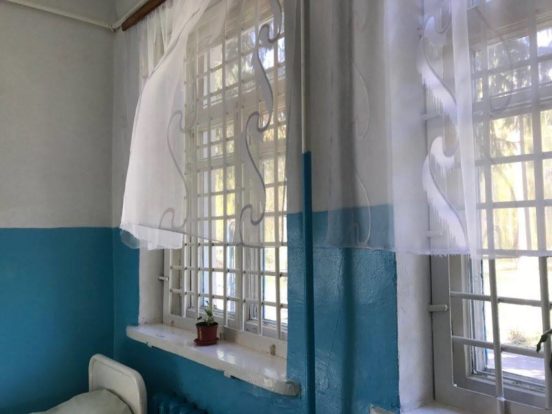
July 5, 19:00
Discussion: Psychiatric Delirium, or Every-Day Life at Psycho-Neurological Institutions
The structure of space – grating, bad living conditions, restriction of private space to the size of the bed – makes psycho-neurological foster homes and mental health institutions similar to detention centers or correctional facilities. This is accompanied with the fact that residents of such institutions, who are considered to be disabled, cannot act as full-fledged subjects – use their pensions, dispose of their property, and even defend their own dignity. According to the law, they can complain about their living conditions, but in a very dubious way – through their custodian, who is usually the head of the mental institution itself. It seems that the main function of psychiatric asylums is to isolate their residents, as the latter ones live in prison conditions.
Participants:
Larysa Samsonova, NPM monitor, head of the “Rodyna” fund board. Olena Tsarenko, television journalist, social manager at the Coalition for the Protection of the Rights of Persons with Disabilities and Intellectual Disabilities. Volodymyr Shurduk, psychiatrist, forensic psychiatric medicine expert, chief consultant at the Ukrainian Parliament Commissioner for Human Rights office.
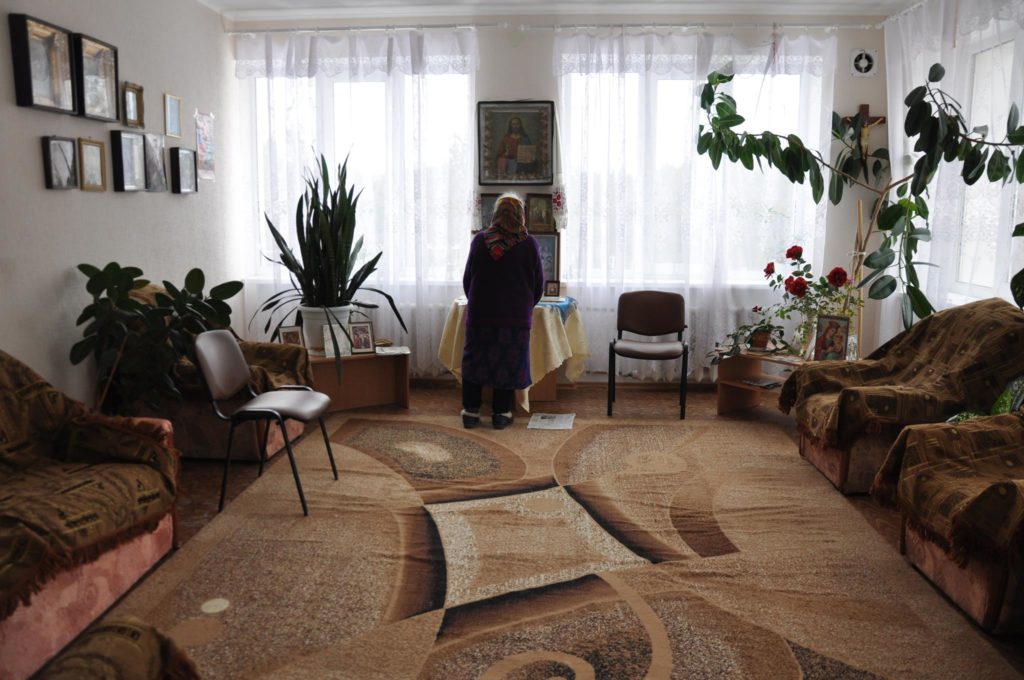
July 7, 19:00
Discussion: From Baby to Adult: Whom is Social Care Being Oriented to?
Such basic things as public transport, comfortable public space, subsidized loans etc., remain the privilege of capable and employable individuals. Vulnerable populations, such as the elderly, the disabled, orphan children, can only hope for charity. As we know, foster homes receive much more attention and help from benefactors. At the same time, geriatric homes, nursing homes for the elderly and the disabled, as well as hospices are left out of public attention.
The purpose of the discussion is to draw attention, discuss and understand what a concrete person or organization can do to ensure the rights of such institutions’ residents and improve their living conditions. As well as talk about the phenomenon of aging in Ukraine and in the world.
Participants:
Maryna Homenyuk, NPM monitor, program coordinator at “Ukraine without Torture” NGO. Maryna Maslova, researcher of the quality of life in later years, head of EXECUTIVE MBA at Kyiv-Mohyla Business School.
Olena Temchenko, deputy director of the NPM department at the Ukrainian Parliament Commissioner for Human Rights office
Oksana Dutchak, sociologist, a Ph.D. candidate at the Department of Sociology at Igor Sikorskyi Kyiv Polytechnic Institute, a researcher at the Center for Social and Labor Research.
The Custodial Settings exhibition is open at Visual Culture Research Center untill the 9th of July. It includes documentary photography, video, and audio recordings, made by public monitors from National Preventive Mechanism and Ombudsman Office workers during their short-notice visits to custodial settings.
Curated by Ruslana Koziienko, Natalka Neshevets.
Design by Oksana Briukhovetska.
The exhibition is open: Tue–Sun, 13:00–20:00. Monday – closed.
Admission is free
Supported by: International Rennaissance Foundation within Human Rights and Justice program
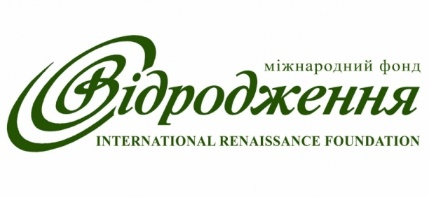
ERSTE Stiftung and Charles Stewart Mott Foundation
Ukrainian Parliament Commissioner for Human Rights
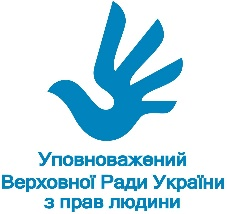
Organizers: Human Rights Information Centre, Expert Center for Human Rights, National Preventive Mechanism, and Visual Culture Research Center
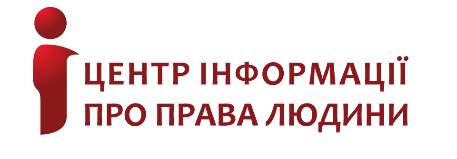
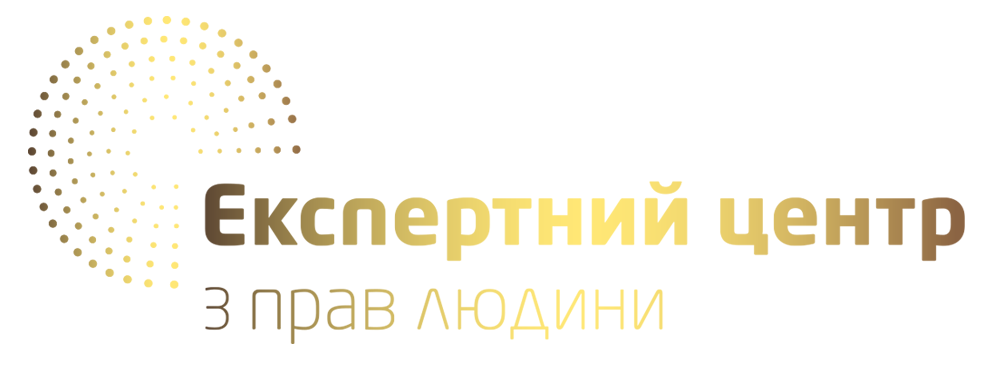
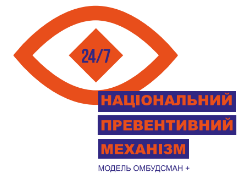
Media partners:
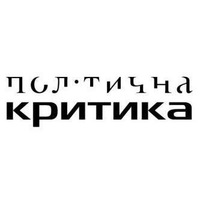
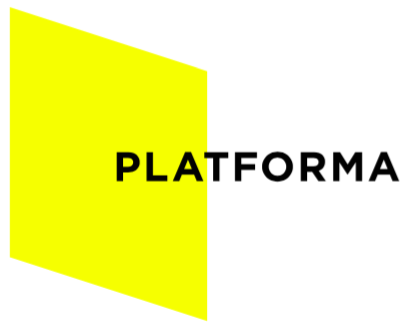
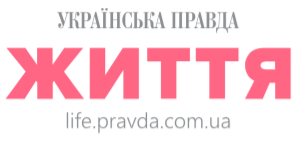
![]()

